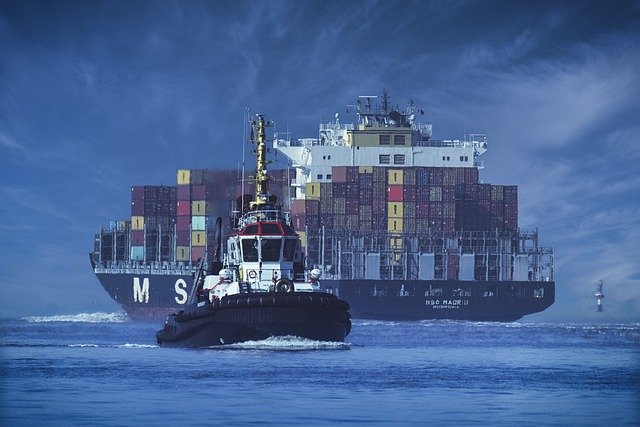The Enigma of Admiralty Law: Navigating Maritime Legal Waters
Introduction: Dive into the fascinating world of admiralty law, a specialized legal realm governing maritime affairs. This unique branch of law, steeped in centuries of tradition, continues to shape international commerce and resolve disputes on the high seas. Discover how admiralty law adapts to modern challenges while preserving its rich historical legacy.

As global trade expanded during the Age of Exploration, admiralty law became increasingly important. Nations developed their own maritime codes, often drawing inspiration from ancient sea laws like the Rhodes Maritime Code and the Laws of Oleron. These codes addressed issues such as shipwrecks, salvage rights, and maritime contracts, laying the groundwork for today’s complex admiralty legal system.
Jurisdiction and Scope of Admiralty Law
One of the most intriguing aspects of admiralty law is its unique jurisdiction. Unlike other areas of law that are typically bound by national borders, admiralty law operates across international waters. This extraterritorial reach allows admiralty courts to adjudicate cases involving ships from different nations, disputes occurring on the high seas, or incidents in foreign ports.
The scope of admiralty law is remarkably broad, encompassing various maritime activities. It covers commercial shipping, passenger transportation, fishing rights, marine insurance, and even recreational boating. Admiralty law also extends to offshore oil and gas operations, addressing issues related to drilling platforms and undersea pipelines.
Key Principles and Doctrines in Admiralty Law
Admiralty law is governed by several distinctive principles that set it apart from other legal domains. One fundamental concept is the doctrine of general average, which stipulates that all parties involved in a maritime venture must proportionally share any losses incurred for the common good. This principle, dating back to ancient Rhodes, ensures fairness in situations where cargo is jettisoned to save a ship in distress.
Another crucial doctrine is maritime liens, which allow claimants to assert a right against a vessel itself, rather than its owner. This unique feature of admiralty law recognizes the mobile nature of ships and provides security for various maritime services and claims.
Modern Challenges and Adaptations in Admiralty Law
As the maritime industry evolves, admiralty law faces new challenges. The rise of autonomous ships, for instance, raises complex questions about liability and responsibility in case of accidents. Environmental concerns have also become increasingly prominent, with admiralty law playing a crucial role in addressing issues like oil spills and marine pollution.
Cybersecurity in the maritime sector presents another frontier for admiralty law. As ships become more technologically advanced and interconnected, they become vulnerable to cyber attacks. Admiralty courts are now grappling with how to apply traditional maritime legal principles to these modern threats.
The Global Impact of Admiralty Law
The influence of admiralty law extends far beyond the courtroom, shaping international trade and diplomacy. Many principles of admiralty law have been codified in international conventions, fostering uniformity in maritime practices across nations. The United Nations Convention on the Law of the Sea (UNCLOS), for example, serves as a comprehensive framework for maritime governance, addressing issues from territorial waters to deep-sea mining rights.
Admiralty law also plays a crucial role in resolving international disputes. Maritime boundary conflicts, fishing rights disagreements, and environmental protection issues are often adjudicated through admiralty law principles, highlighting its importance in maintaining global order on the seas.
Conclusion
Admiralty law stands as a testament to the enduring importance of maritime affairs in our globalized world. Its unique blend of ancient traditions and modern adaptations continues to fascinate legal scholars and practitioners alike. As we navigate the complex waters of international commerce and oceanic governance, admiralty law remains an indispensable guide, ensuring fair and orderly conduct on the world’s seas and waterways.





